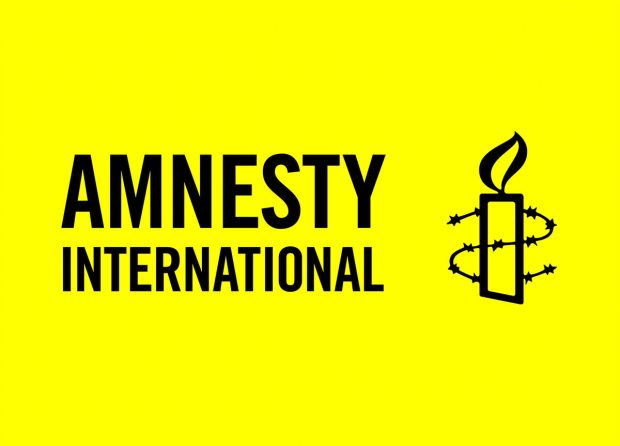Amnesty International: Libyan women human rights defenders remain under attack

Libyan women activists, bloggers and journalists are increasingly being silenced as they face gender-based violence in the form of physical assault, abductions and sexual violence, as well as smear campaigns, gender-related slurs and attempts at intimidation, Amnesty International said Wednesday.
Despite repeatedly reiterating their commitment to respect human rights, Libyan authorities are failing to protect women from gender-based violence at the hands of militias and armed groups and to ensure that they are able to express themselves freely.
Since the 2014 armed conflict, which split Libya across political and ideological lines and led to the emergence of competing governments, scores of human rights defenders, lawyers, journalists and dissidents have left Libya to neighbouring countries or have sought asylum elsewhere after they suffered death threats, physical assault, torture, arbitrary arrest or abduction.
Amnesty International’s research reveals that women who dare to speak out against corruption or the predations of militias or the Libyan National Army face specific, gender-related risks, including gender-based violence. Some of that violence includes gender-related slurs by militias and private individuals, including allegations of engaging in sex work and sex outside marriage (“adultery”). Women human right defenders in Libya are also exposed to smear campaigns on Facebook and Twitter.
Harmful gender stereotypes and social stigma attached to their activism normalize these forms of abuse against women with dissenting voices and seek to force them to retract from the public sphere, to silence them.
Prevailing lawlessness and security concerns can no longer excuse the impunity and pervasive gender-based violence that women face on a daily basis.1 To prevent and end gender-based violence, Libyan authorities must rein in militias and armed groups and combat the harmful gender stereotypes that fuel this violence.
The assassination of member of parliament Fariha al-Barkawi and prominent human rights defender Salwa Bugaighis in June 2014 had a chilling effect on other women. Many women human rights defenders were forced to withdraw from public life, leave Libya or relocate to other areas in the country.2 The failure to launch an effective investigation into these killings or to hold anyone accountable has contributed to the prevailing cycle of violence, as demonstrated by the assassination of local activist Entisar El Hassari in February 2015. Although the Libyan authorities have publicly committed to investigating the assassinations, no one has yet been held to account.
Amnesty International has documented several cases of women human rights defenders who faced various forms of gender-based violence, including abductions and attempted assassination, torture and other ill-treatment, as well as a pattern of death threats, harassment and smear campaigns on social media. Women who do not adhere to social norms or challenge gender stereotypes are particular targets of abuse, questioning, harassment and detention. Today, only a few women continue to speak out. They have faced violence and intimidation by militias, the Libyan authorities and private individuals.
How to submit an Op-Ed: Libyan Express accepts opinion articles on a wide range of topics. Submissions may be sent to oped@libyanexpress.com. Please include ‘Op-Ed’ in the subject line.
- HoR speaker, UN envoy meet on unity push - January 21, 2025
- New Oil Well Bolsters Libya’s Production Capacity - January 21, 2025
- Turkish TPAO Poised to Invest ‘Billions’ in Libya - January 20, 2025


